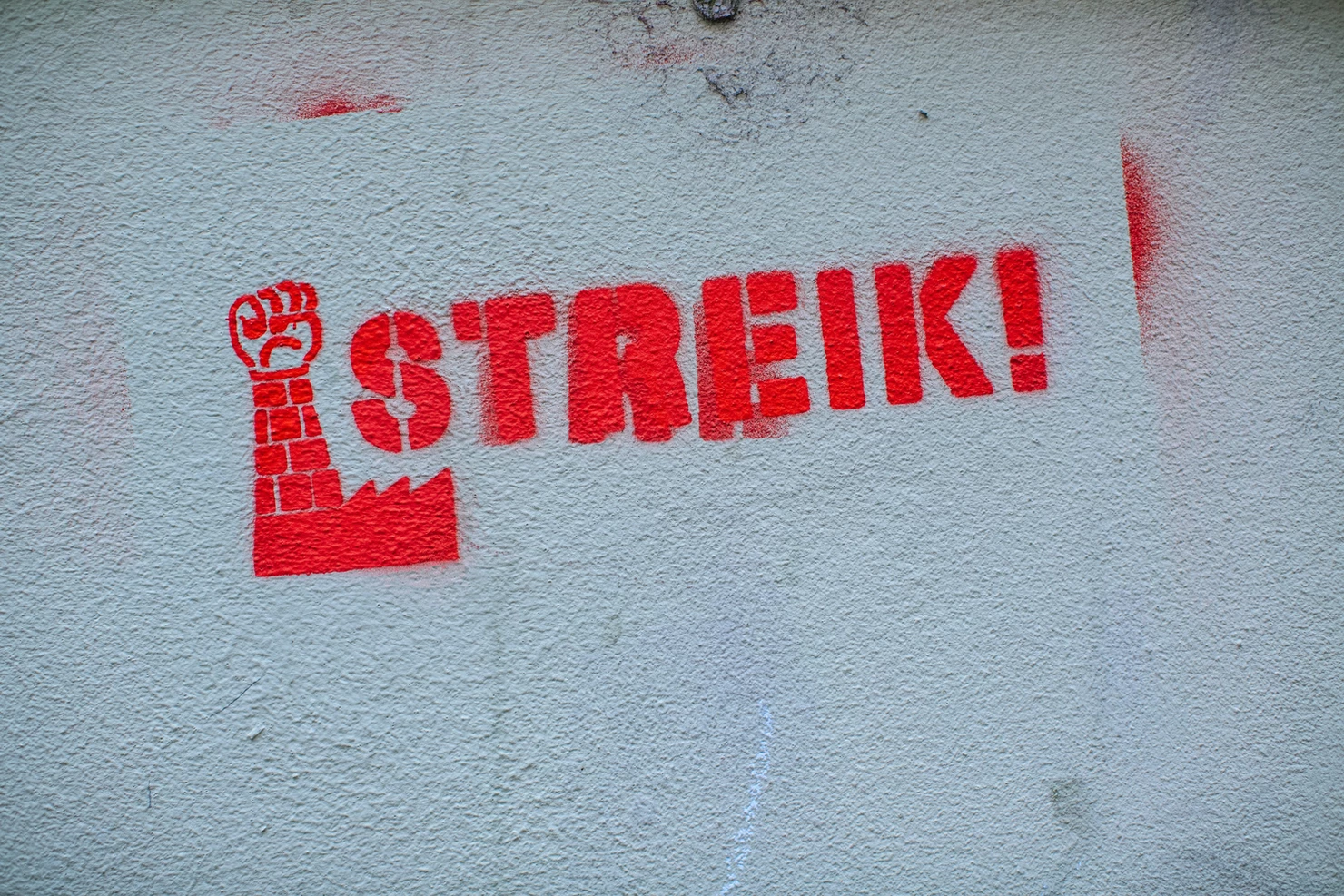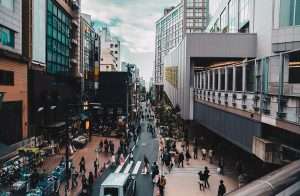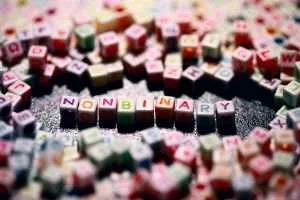Labour Day which is also referred to, however, as International Workers Day or simply Workers’ Day, stemmed in part, from an ancient European spring festival, but its modern manifestations arise from the organised efforts of socialist and communist groups to establish a time for honouring “workers and the working class.” Specifically, the holiday was first promoted by the International Workers Association in 1904 to commemorate the slaughter of protesting labourers in Haymarket Square in Chicago, USA in 1886 and it was to be a day to push for the eight-hour work day and other demands.
A History of International Workers Day
May Day was first celebrated back in 1890 on May 1st. This was because the international congress of socialist parties in Europe declared May 1st as the Workers Day of International Unity and Solidarity. In 1904, the Sixth International Socialist Congress called for all workers, trade unions and social democratic organisations to ‘demonstrate energetically on the First of May for the legal establishment of the eight-hour day, for the class demands of the proletariat, and for universal peace.’
The date May 1st was chosen because, in the USA, the eight-hour workday first came into effect on that date in 1886. This is thanks to the demands of the Federation of Organized Trades and Labour Unions. There was a general strike and a riot in Chicago in 1886, and eventually, the eight-hour workday was legally recognised.
International Workers Day in Nigeria
However, Workers’ Day is celebrated on May 1st as a public holiday in Nigeria. It is part of International Workers’ Day, which is celebrated across the world, also known as Labour Day. It’s an occasion that seeks to commemorate and thank workers and labourers across the world for all the hard work they do. It’s promoted by the international labour movement. Workers Day has been a public holiday in Nigeria since 1981 and traditionally, people gather together on the day to celebrate with friends and family, commemorating the workers and labourers whose vital work keeps countries and businesses across the world running smoothly.
However, most Nigerians simply see Labour Day as a long weekend to spend with family and friends, a chance to take a short vacation, or at most, a day to honour workers of every industry and speak out for better working conditions. And traditionally, the President of the Nigeria Labour Congress addresses people and workers on Workers Day. It was first recognised as a public holiday in Nigeria in 1980 by the People Redemption Party of Kano State. It officially became a National Holiday on May 1st 1981, and has been celebrated on this date ever since.
Labor in Nigeria
In Nigeria, some people take part in nationwide marches and rallies on Workers’ Day or Labour Day. Their biggest concerns are normally for an increase in the minimum wage, an end to workers being left unpaid for months on end, the need for government action to address the high unemployment rates of recent years, and the need to move Nigeria off of over-dependence on petroleum exports.
To which Many speeches would be given, both by politicians and labour leaders, on the strength of the Nigerian economy, on how to improve it, on the contributions of workers in different industries to the national good, and other related topics. Hundreds of thousands often listen to these speeches, and some likely hear them on TV or radio.
How Nigerians Celebrate Workers Day
Many people tend to attend the National May Day Celebration in Abuja, the capital city, in Eagle Square, Nigeria. The president himself would be there to make a speech, and thousands would crowd the square to listen to him. Some people attend any number of other events that hold all across Nigeria on May day, organized by schools, labour unions, hospitals, and other various institutions. While some who live in Abuja city, go shopping and stop by the most modern shopping mall in town, Ceddi Plaza, which has numerous big-brand shops, a great book store, a wine shop, and plenty of cafes.
Also, some people stop by Silverbird for its theatre, arcade, and bowling alley and Shoprite, the newest Abuja mall, for its many shops and its gigantic supermarket. To which some people finally go to Abuja Farmers Market for excellent, local fresh produce or to Garki Open Air Market, where they find arts and crafts along with fresh food. Some go out of the big city and see Africa at its wildest in Gashaka-Gumti National Park.
This is the largest national park in the country and is located in the central Cameroon border region. The terrain consists of grasslands, mountains, valleys, forests, cliffs, and gorges, and there are numerous wild animal species, including: elephants, antelope, wild dogs, buffalo, golden cats, chimpanzees, and over 500 species of birds. While Labour Day can be rather political in Nigeria to some, it is more of a day off to many of the locals and a chance to explore both the urban and rural areas of the country to tourists.
Revamping International Workers Day in Nigeria
Inasmuch as Nigeria celebrates Workers Day, there’s still need for revamping the working sectors. People don’t even know the importance and significance of this historical celebration, even the so called workers and their unions and why should workers be celebrating Workers Day when the workers themselves are suffering from bad welfarism, poor salaries and bonuses. In different sectors and states in the country, there is poor salary scale and bonuses,irregular payments of salaries, neglect of workers, welfares, poor governance and management toward workers.
The story of workers demanding for their rights is not alien to the employees of the Nigerian government, The Nigerian civil servants have over the years been playing important roles in ensuring that government policies result in tangible services for Nigerians and the various Labour unions under the two major umbrella bodies of Nigerian Labour Congress (NLC) and Trade Union Congress (TUC) have demonstrated maximum tenacity in demanding for the rights of Nigerian workers and whenever negotiations fail, peaceful demonstrations, protests and strikes had always been inevitable.
Inasmuch as billions of Naira intended for workers are mismanaged and diverted, the unending pains and struggles of Nigerian workers won’t end.
Happy Workers’ Day, Nigeria!








